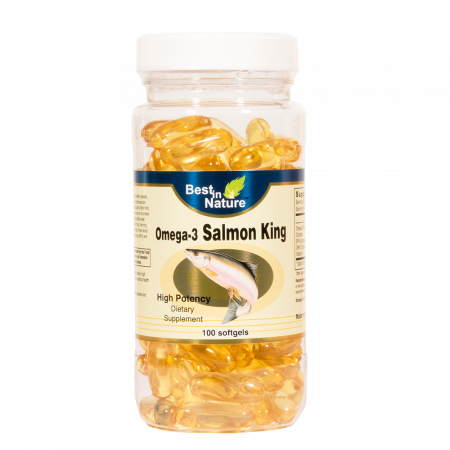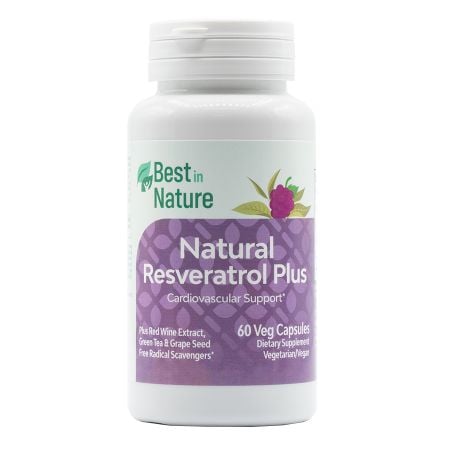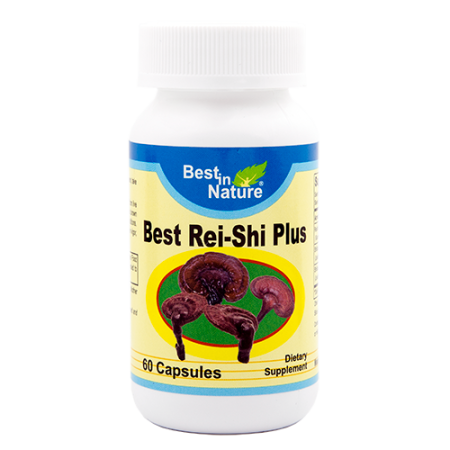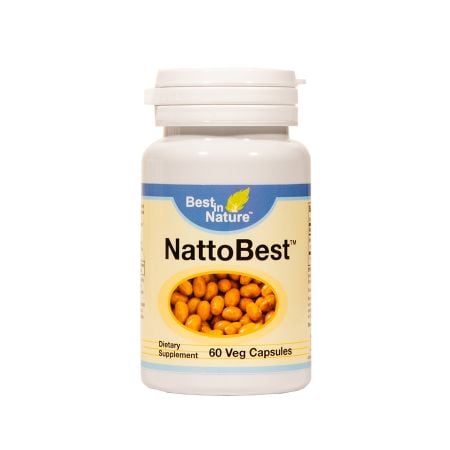
Everyone wants to live a long, healthy life, but longevity isn’t just about adding years—it’s about making those years as vibrant and fulfilling as possible. That’s where healthy aging comes in. It’s not just about avoiding disease; it’s about feeling strong, staying active, and keeping your mind sharp as you grow older. Scientists call this difference lifespan (how long you live) versus health span (how well you live). The good news? Small, everyday habits can have a huge impact on both.
In this guide, we’ll explore simple, science-backed strategies that can help you improve your long-term health—without drastic changes. From diet and exercise to stress management and social connections, we’ll break down practical steps that you can start incorporating today. The goal? To empower you with the knowledge to make informed, effective choices so you can live longer and live better.
Health Span vs Life Span: Why Quality Matters

Most of us want to live longer, but what really matters is how we live those extra years. That’s the difference between lifespan (the total number of years you live) and health span (the number of years you stay healthy, active, and free from serious disease). While modern medicine has helped people live longer, science is now focusing on improving health span—so you can enjoy those extra years with energy, mobility, and mental sharpness.
A longer health span means maintaining your physical, cognitive, and emotional well-being as you age. The good news? Small, daily habits can make a big difference. Eating a nutrient-rich diet and staying active help prevent age-related diseases. Strength training keeps you mobile and independent. Staying socially and mentally engaged supports brain function and emotional health.
[READ: Do Blue Zones Disprove Our Previous Health Knowledge?]
The Role of Diet in Longevity

What you eat plays a powerful role in how well you age. At a cellular level, nutrition affects inflammation, oxidative stress, and metabolism—key factors in the aging process. The right foods can help protect your cells, lower disease risk, and keep your body functioning at its best for years to come.
So, what should you eat? Focus on whole, nutrient-dense foods that support longevity. Diets like the Mediterranean and plant-based diets are rich in antioxidants and anti-inflammatory compounds, which help combat age-related damage. Key nutrients for healthy aging include:
- Omega-3 fatty acids (found in fish, walnuts, and flaxseeds) to support heart and brain health. Supplements like Omega-3 Salmon King Fish Oil can be a source of omega-3 to fill in dietary gaps.
- Fiber (found in whole grains, fruits, and vegetables) to improve digestion and lower disease risk.
- Polyphenols (found in berries, green tea, and dark chocolate) to fight oxidative stress and inflammation. Resveratrol supplements also provide polyphenols.
Eating for longevity doesn’t have to be complicated. By making mindful choices and adding more whole, nutrient-rich foods to your meals, you’ll be giving your body the fuel it needs to stay healthy and vibrant for years to come.
[READ: The Latest in Nutritional Science: Simple Diet Tweaks for Better Health]
Exercise: The Best Investment for Aging Well

If there’s one habit that can truly transform how you age, it’s staying active. Regular exercise doesn’t just add years to your life—it adds quality to those years. Research shows that physical activity lowers the risk of chronic diseases, improves mental health, and helps maintain independence as you get older.
The key is to focus on two essential types of exercise:
- Strength training (such as bodyweight exercises or resistance bands) helps preserve muscle mass, keeps bones strong, and prevents falls.
- Cardiovascular exercise (like walking, swimming, or dancing) strengthens your heart, boosts endurance, and improves circulation.
Staying active isn’t about intense workouts—it’s about moving your body in ways that feel good and fit into your routine. The best exercise is the one you’ll stick with, so find what works for you and make it part of your daily life. Your future self will thank you!
Stress Management and Sleep: The Overlooked Pillars of Longevity

When it comes to aging well, stress and sleep often take a backseat to diet and exercise—but they’re just as important. Chronic stress floods your body with cortisol, a hormone that, when constantly elevated, speeds up cellular aging, weakens your immune system, and raises the risk of heart disease and mental health disruption.
Managing stress doesn’t mean eliminating it entirely (which isn’t realistic), but rather learning how to respond to it. Simple techniques like meditation and mindfulness can calm your mind and improve mental clarity. Deep breathing exercises help lower blood pressure and reduce stress hormones, while spending time in nature has been linked to lower anxiety and improved mood.
Sleep is your body’s time to repair, and poor sleep doesn’t just leave you groggy—it affects memory, immune function, and overall longevity. To get better rest, try sticking to a consistent sleep schedule, avoiding screens before bed (blue light disrupts melatonin), and creating a cool, dark, and quiet sleep environment.
[READ: What Supplements Lower Cortisol?]
Social Connections and Mental Well-being

Longevity isn’t just about what you eat or how much you exercise—it’s also about the connections you build. Research, shows that strong social bonds can extend lifespan and protect against mental decline. Regular social engagement keeps your brain sharp, lowers stress, and boosts overall well-being.
Staying connected doesn’t have to be complicated. Make it a habit to engage in meaningful conversations daily, whether with family, friends, or neighbors. Joining clubs, group activities, or volunteer work can provide a sense of purpose and community. Even small efforts, like checking in with loved ones regularly, can strengthen relationships and improve mental health.
Bottom Line
Healthy aging isn’t about quick fixes or drastic changes—it’s about small, consistent habits that add up over time. Prioritizing nutritious foods, regular movement, quality sleep, stress management, and strong social connections can help you not only live longer but also feel better as you age. The key isn’t perfection but progress. Even simple steps, like adding more fiber to your meals, taking a short walk, or setting a regular bedtime, can make a big difference.
Remember, longevity isn’t just about adding years to your life—it’s about making those years vibrant and fulfilling. Start with one small change today, and over time, these habits will become second nature. Your future self will thank you for the choices you make now to live longer and live better!
* This article is for informational purposes only and doesn’t constitute medical advice. For immediate health concerns, please consult your physician.
These statements have not been evaluated by the Food and Drug Administration. Products are not intended to diagnose, treat, cure or prevent disease.
© 2025 Best in Nature All rights reserved









Validate your login
Sign In
Create New Account